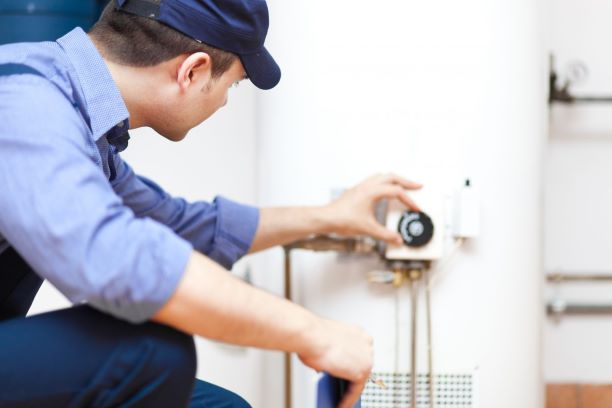Your Home Inspector Should Have Caught This!


You found the home of your dreams, it has everything that you have been looking for, checks all the boxes on your list. You get through the home inspection with no deal breakers and you've closed!
Six months later, you have a plumber out for a fix and they say, ‘Your home inspector should have caught this problem, I can’t believe they missed this.’ While home inspectors are very knowledgeable about many areas of the home, there are some things they cannot know.
“As a trained and licensed home inspector, you've probably heard it before - we aren't engineers, electricians, plumbers, roofers, etc - those are the experts. Home inspectors are not experts; we are generalists,” says Stephen D. Whittington of Whitt Inspections.
Home inspectors have a vast knowledge base of homes, there are very few occupations that require specific knowledge about so many different things.
While inspectors know a lot about the various systems and components of different types of homes, they simply cannot find every possible defect of every system.
“It can take years for someone to become a master plumber or electrician alone,” says Whittington, “so of course it's not reasonable to expect one person to be an expert across an entire house full of interdependent systems.”
Home inspection costs typically range between 300 and 500 dollars for a home and last around 2-3 hours. This is possible because they are not “technically exhaustive.”
If inspectors were capable of knowing exactly how everything in the home worked - were certified electricians, plumbers and builders as well - then the inspection would take an entire day, cost the sum of the visit of all three professionals, and then some.
“[A home inspection] is not intended to be a ‘New House Punch List,’ but rather a survey and evaluation of the property at a specific point in time,” says Jeffrey Bliler of Housecall Home Inspections.
“It is designed to assess the health and safety of the environment, uncover possible present and future significant expense items, and assess the functionality of the home”
Research gathered from Spectora Home Inspectors show that more than 35% of inspectors have had an insurance claim filed against them that was not their fault.
While the majority of inspectors have not had claims filed against them, there are still a lot of inspectors who are questioned by homeowners about things that contractors find.
Oftentimes, the situation doesn’t raise to the level of legal action that a claim requires. However, inspectors do get calls from clients occasionally inquiring about things that contractors discover and deem the inspector’s fault.
“I always try to be proactive when I get a call about something I missed,” says Bill Haughtery of Precise Inspecting. “If I have a picture of the area I add it to the report and that satisfies most clients. If that doesn't satisfy them then I visit the site and work out a solution with the client.”
In an effort to avoid these claims based on misinformation of what inspectors really do, many have decided to put disclaimers in their reports. They also make sure that they are clearly describing what they do - and do not - look at while doing the inspection with the buyer.
“I recently had a customer complain that the dishwasher “didn’t clean dishes well enough.” He felt I should have discovered this,” says Steve Bennett of Redbud Property Inspections, LLC.
“I explained that testing an appliance to perform to certain standards definitely falls outside the scope of a home inspection. We test the functionality of the dishwasher but carrying along dirty dishes to test the functionality of washers is simply not something we do.”
The best way to combat these things happening to inspectors, when it is not their job nor their area of expertise, is to properly educate people on what it is that they ARE supposed to do.
Home inspectors and agents need to be on the same page when working together, so that they can form a cohesive unit and make sure to provide the most accurate information to the homebuyer and homeowner.
“Aside from being knowledgeable, consistent, thorough, and documenting as much as possible,” said Whittington, “we've also learned that it's extremely important to constantly educate both clients and agents by setting clear expectations early and often. Truly educating people on the idea that a home inspection is a limited - visual only - inspection goes such a long way.”
The purpose of a home inspector’s job is to help the home buyer make an informed decision and to keep them from getting blindsided by a house with countless expensive problems.
While there are always exceptions to the rule, a home inspector is a reliable source and person that you can trust when you are deciding to buy a home or not.
With the purchase of a home being one of the biggest and most expensive things you will ever buy, it is important to have a home inspector that you can trust, and to be informed about what it is they really do.
The next time a contractor says, “Your home inspector should have caught this” remember that home inspectors typically check and find exactly what they are supposed to.